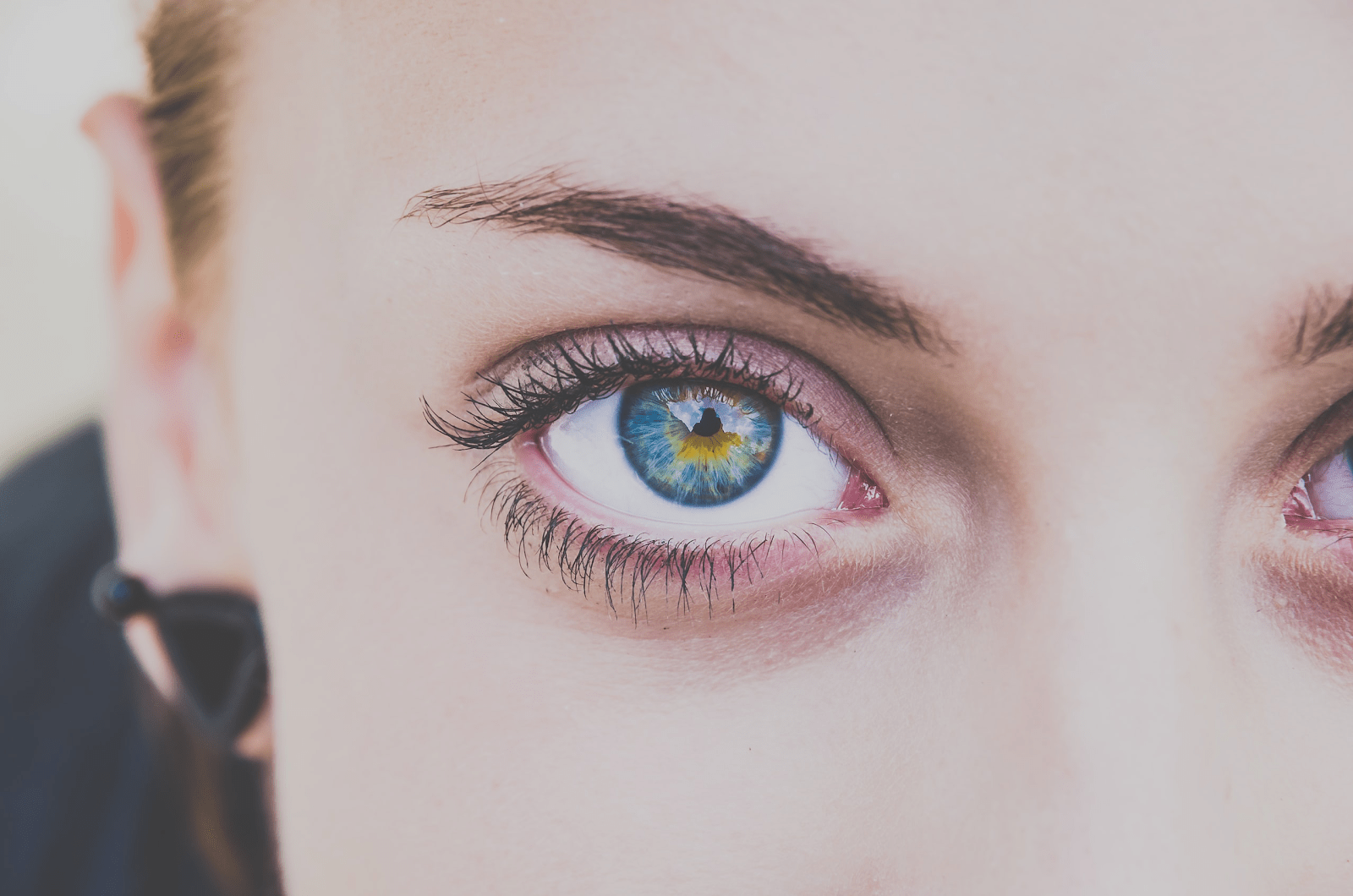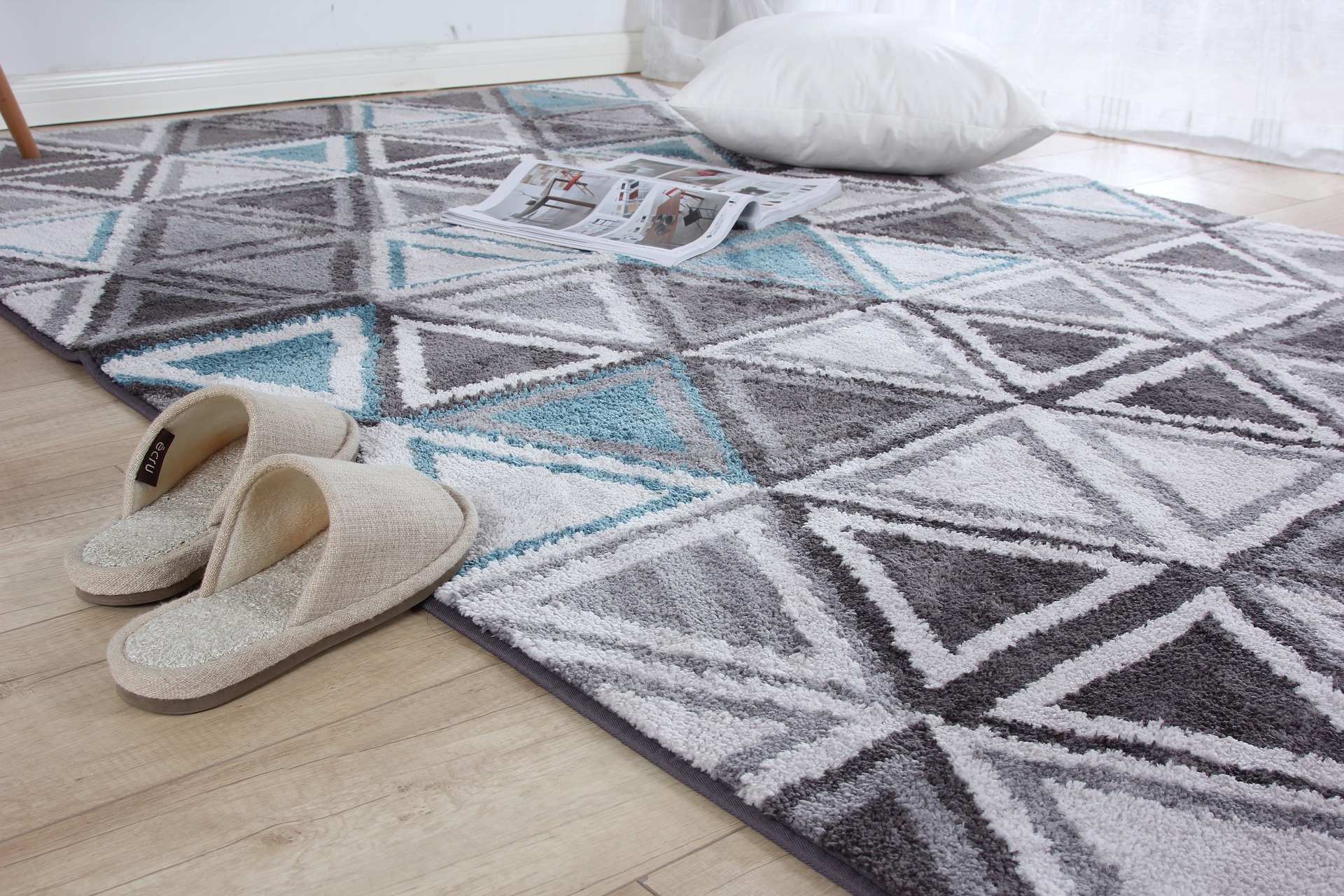Last updated on May 5th, 2024 at 01:52 pm
Urgh, dry eyes!
They’re itchy, red, and horribly uncomfortable. It’s funny how most of us ignore eye health until we experience discomfort. The problem with dry eyes is that it can rapidly get out of control because of frequent touching. You end up rubbing your eyes over and over again in the hope that it would solve the issue.
The more you touch your eyes, the more likely you are to cause inflammation or infection. It can rapidly evolve from dry eyes to red eyes or an eye infection that needs medicated treatment. That’s not the kind of thing you want to experience. Unfortunately, it is hard to avoid if your eyes get dry. Try as you may, you will most likely end up rubbing your eyes and touching the area with your fingers… and unless you are sure that your hands are always clean, you could put yourself at risk of more serious eye complaints. So how come your eyes are dry, and how can you sort it out safely?

#1. You don’t drink enough
You’ve probably heard that you should be drinking at least 2 litres of water in a day. Unfortunately, it’s not always easy to drink enough water. Most of us probably forget to keep hydrated during the day. If you are focused on a task or rushed for time, you are unlikely to stop and have a glass of water. The body can find other sources of hydration in the food you eat and other beverages. But in the long term, you may experience some mild symptoms of dehydration, such as dry and flaky skin. Your eyes can also feel dry as a result. Ultimately, dry eyes happen when your body can’t produce enough tears to moisture the surface of the eye. Drinking more water could resolve the issue rapidly!
#2. You wear contact lenses
Contact lenses are practical and provide correction without changing your appearance. However, if you wear them extensively, they can cause eye dryness. According to a study in Optometry & Vision Science, approximately half of the population that wears contact lenses experience uncomfortable eye dryness. It’s a good idea if you want to carry on enjoying contact lenses, to introduce some eye rest days where you can wear glasses. Most people find it hard to make peace with eyewear, especially if they’ve gotten used to contact lenses. But, you can look for an elegant frame on a site like Eyeglasses.com that has plenty of designer designs without the hefty price tag. Glasses can be part of a fun and relaxed look too!
#3. You’ve got an allergic reaction
Allergies can develop at any age. So, just because you didn’t have any allergies as a child doesn’t mean that you won’t get any as an adult. One of the most frequent causes of allergic reaction in the household is dust. You may think that you are keeping on top of your maintenance routine and cleaning chores, but our beloved carpets are tricky to clean. Carpet fibres can trap dirt particles, causing an accumulation of dust in places that you can’t access even with a vacuum cleaner. That’s precisely why it’s so important to clean in depth your carpet regularly. Deep carpet cleaning allows you to lift the fibres and remove particles and stains.
#4. You don’t blink enough
What do you mean I don’t blink enough? But blinking is a natural process that happens without conscious thinking.
You would think that your brain manages the blinking process automatically, and it does. Each time you blink, the body can replace the thin tear film on the surface of the eye, keeping it moist and protected. However, blinking is a cognitive process that is linked to other mental activities, as per Blinkingmatters.com. When you are focused on a specific task or problem, the blinking rate slows down and sometimes stops completely until we solve the problem. Did you know, for instance, that maths could dry your eyes? Similarly, when you work on a screen all day, you are likely to blink less frequently as your eyes continuously read and search the screen for information.
#5. You eat the wrong kind of food
The food you eat fuels your body with essential vitamins and nutrients. When it comes to eye health, vitamin C, omega-3 fatty acids, and zinc are crucial to preserving the integrity of the eye. What you may not know, though, is that some food choices could affect the eye’s ability to produce tears and stay moist. Indeed, foods that cause an inflammatory response in the body can lead to eye dryness. Junk food such as crisps, for instance, contain a lot of salt, which removes water from the cells. It can encourage dehydration, making your eyes feel dry as a consequence. Alcohol and high-caffeine drinks can also have a similar effect on your eyes and skin.

Unsplash – CC0 Licence
#6. You’re on medication
Some prescribed treatments can have side effects on the body’s ability to produce mucus. As eye tears are made of oil, water and mucus, when the production is reduced, your eyes don’t receive enough moisture. They get dry. Typical medications that affect your eye tears are antihistamines, antidepressants, beta-blockers for hypertension, and diuretics. You should talk to your GP if you suspect that your treatment is affecting your eyes. Eye drops or alternative medications can help you manage your health more effectively.
#7. You’ve got a vitamin deficiency
While you may not be eating unhealthy food, it doesn’t mean that you are giving your body everything it needs. Vitamin A deficiency, for instance, has been linked to dry eye symptoms. Severe deficiency is a leading cause of blinding in developing countries. In the western world, thankfully, it typically only leads to discomfort and dryness. Before considering supplements, you may want to think of ways of introducing vitamin A into your diet naturally. Carrots, tuna, spinach, sweet potatoes, and pink grapefruit are some of the most popular sources of vitamin A. They are diverse enough to fit in most diets and full of deliciousness too!
In conclusion, eye dryness could be caused by a variety of factors, both environmental and physical. Understanding what triggers your issue can put you in a better position to solve it. Ultimately, you don’t want to be rubbing your eyes all day!
*collaboration






